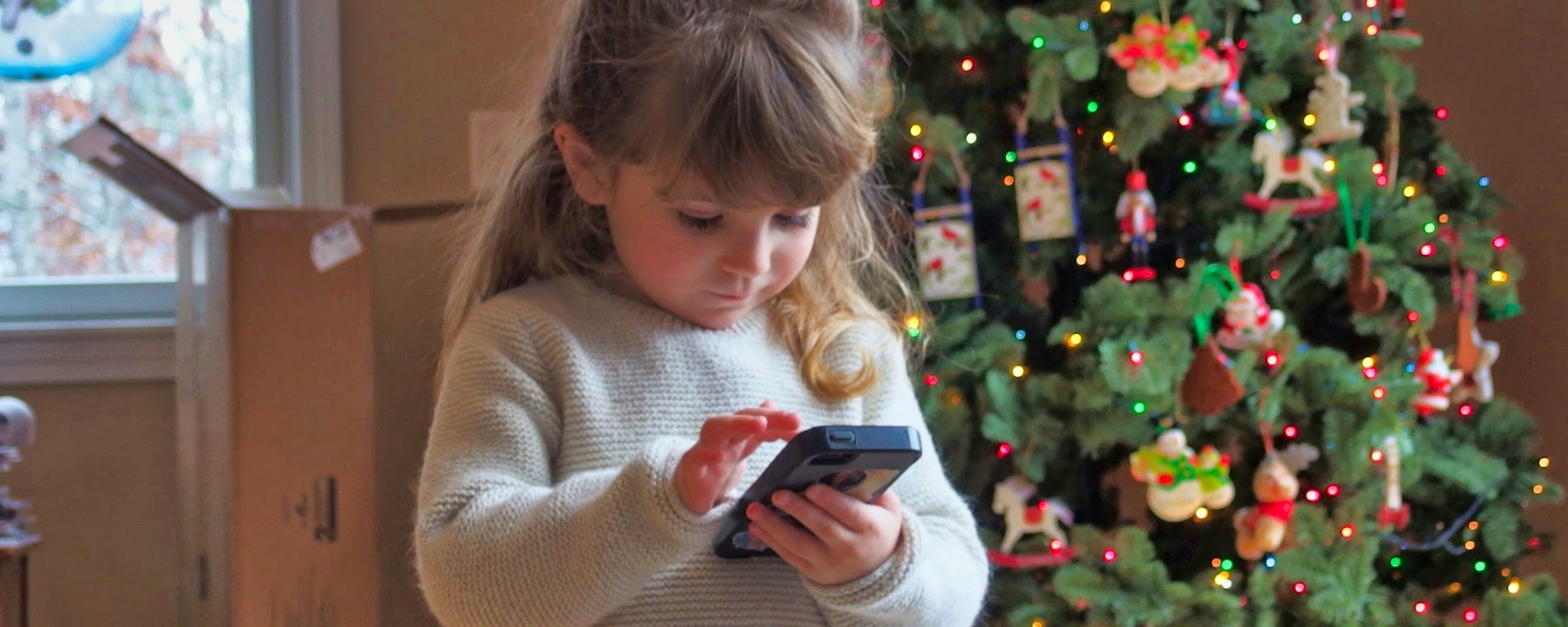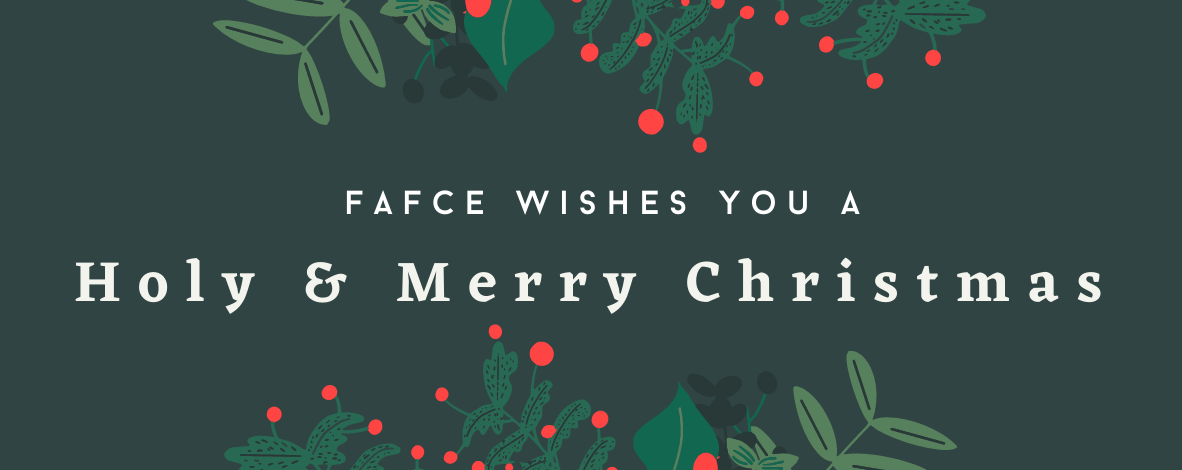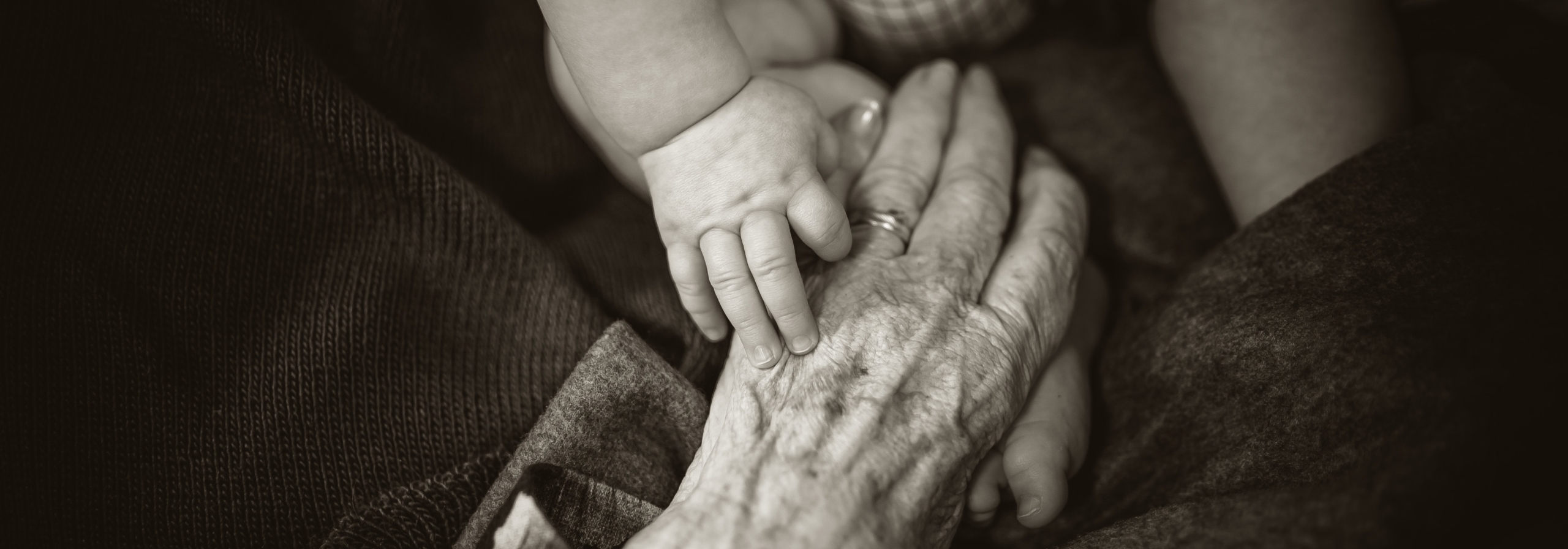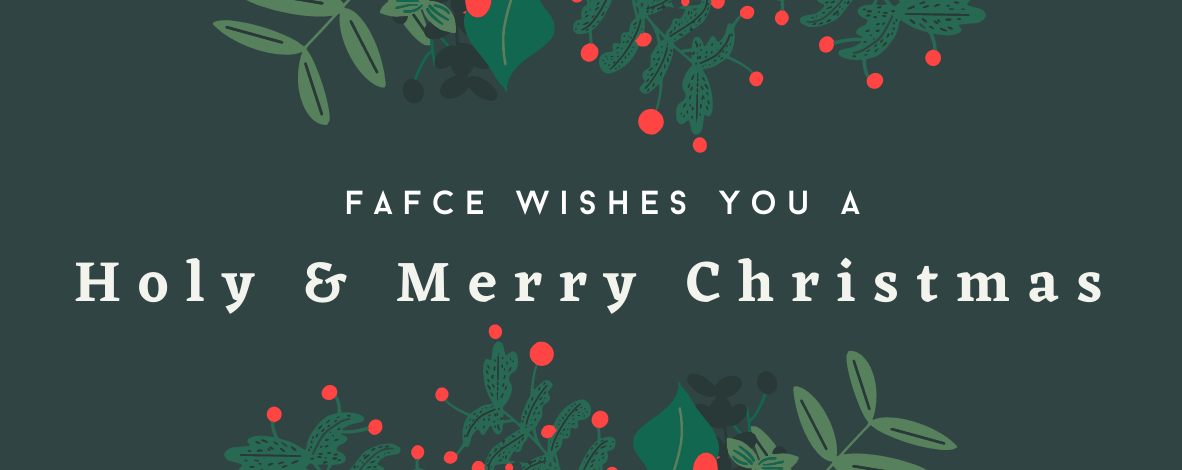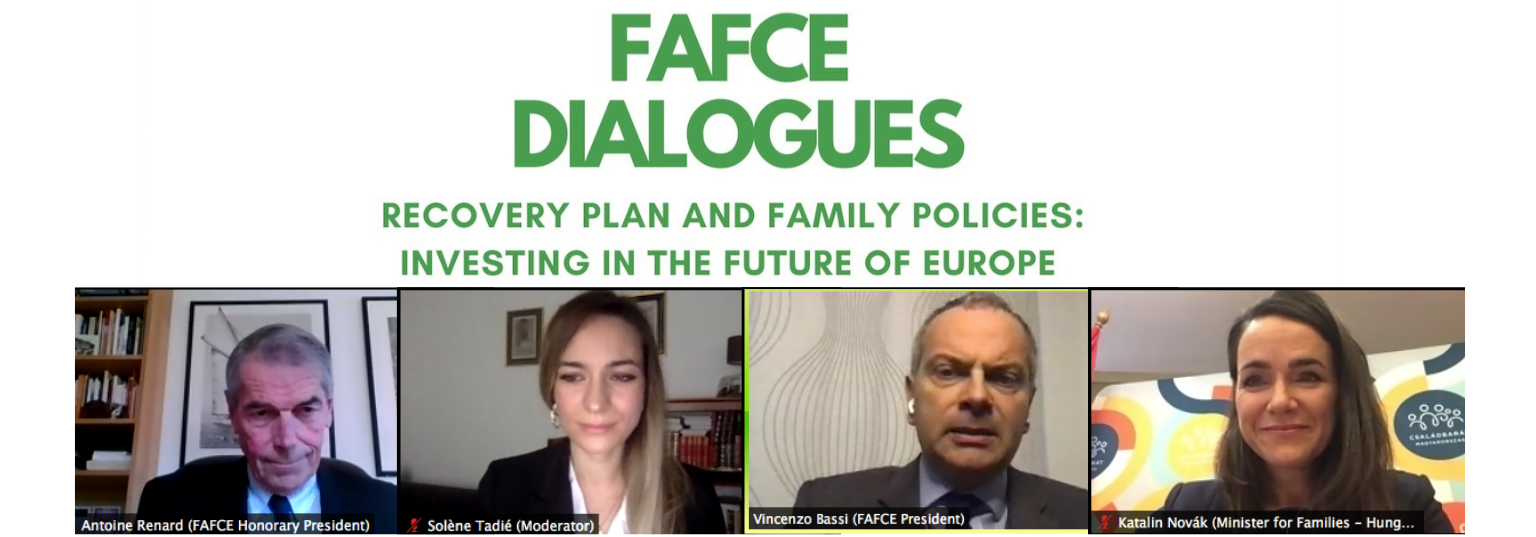Art & Family
The Family is very connected with Art. In this page we would like to encourage families with all their members to live with Art and to make of art by their lives living their faith.
As John Paul II Pope said in 1999 in its Letter to the Artists “Society needs artists, just as it needs scientists, technicians, workers, professional people, witnesses of the faith, teachers, fathers and mothers, who ensure the growth of the person and the development of the community by means of that supreme art form which is “the art of education”. Within the vast cultural panorama of each nation, artists have their unique place. Obedient to their inspiration in creating works both worthwhile and beautiful, they not only enrich the cultural heritage of each nation and of all humanity, but they also render an exceptional social service in favor of the common good.
The particular vocation of individual artists decides the arena in which they serve and points as well to the tasks they must assume, the hard work they must endure and the responsibility they must accept. Artists who are conscious of all this know too that they must labour without allowing themselves to be driven by the search for empty glory or the craving for cheap popularity, and still less by the calculation of some possible profit for themselves. There is therefore an ethic, even a “spirituality” of artistic service, which contributes in its way to the life and renewal of a people. It is precisely this to which Cyprian Norwid seems to allude in declaring that “beauty is to enthuse us for work, and work is to raise us up”.
The distinction between the moral and artistic aspects is fundamental, but no less important is the connection between them. Each conditions the other in a profound way. In producing a work, artists express themselves to the point where their work becomes a unique disclosure of their own being, of what they are and of how they are what they are. And there are endless examples of this in human history. In shaping a masterpiece, the artist not only summons his work into being, but also in some way reveals his own personality by means of it. For him art offers both a new dimension and an exceptional mode of expression for his spiritual growth. Through his works, the artist speaks to others and communicates with them. The history of art, therefore, is not only a story of works produced but also a story of men and women. Works of art speak of their authors; they enable us to know their inner life, and they reveal the original contribution which artists offer to the history of culture. A noted Polish poet, Cyprian Norwid, wrote that “beauty is to enthuse us for work, and work is to raise us up”. The theme of beauty is decisive for a discourse on art. It was already present when I stressed God’s delighted gaze upon creation. In perceiving that all he had created was good, God saw that it was beautiful as well. The link between good and beautiful stirs fruitful reflection. In a certain sense, beauty is the visible form of the good, just as the good is the metaphysical condition of beauty. This was well understood by the Greeks who, by fusing the two concepts, coined a term which embraces both: kalokagathía, or beauty-goodness. On this point Plato writes: “The power of the Good has taken refuge in the nature of the Beautiful”.
Tate Gallery is inviting us to Explore how artists have responded to the theme of Family
National Gallery Art is inviting you to Discover a variety of multi-generational programs
Kids and Families. The Met Museum has so much to offer kids and their families
For Christmas we want to gift children a safer Internet
Child sexual abuse is among the most heinous crimes on the innocents. This crime is however a growing reality due to the rapid expansion of the digital world. To answer the complex issue of illegal online content regulation, the
Christmas Message | We wish you a Merry Christmas! 🌟
Brussels, 21 December 2020 Dear Friends, The year 2020 has been an unprecedented year. A year of pandemic, full of struggles, but also a year of testimony. A testimony of the weight carried by families every year, showing how
When science and faith meet | Interview with biologist Vincent Kemme on the question of euthanasia
a When science and faith meet Interview with biologist Vincent Kemme on the question of euthanasia a Mr. Vincent Kemme is a biologist from the Netherlands, trained in the relationship of science and faith, with supplementary studies in theology,
Newsletter | We wish you a Merry Christmas! 🌟
Brussels, 21 December 2020 Dear Friends, The year 2020 has been an unprecedented year. A year of pandemic, full of struggles, but also a year of testimony. A testimony of the weight carried by families every year, showing how
FAFCE Dialogue with Katalin Novák, Hungarian Minister for Families: “Families should not be forced to give up on their wish to have children”
Will the EU recovery plan invest in the family? What are the good practices of family policies in Hungary? Those were the questions raised during last FAFCE Webinar with Katalin Novák, Hungarian Minister for Families. Ms Novák recalled the
FAFCE WEBINAR on the EU recovery and its investment in the family: “Without families and family associations there is no future for Europe”
In cooperation with our Spanish member Foro de la Familia, FAFCE organised an online event on 3 December 2020 to discuss the EU Recovery plan and its investment in the family. The Webinar was hosted by Member of the

